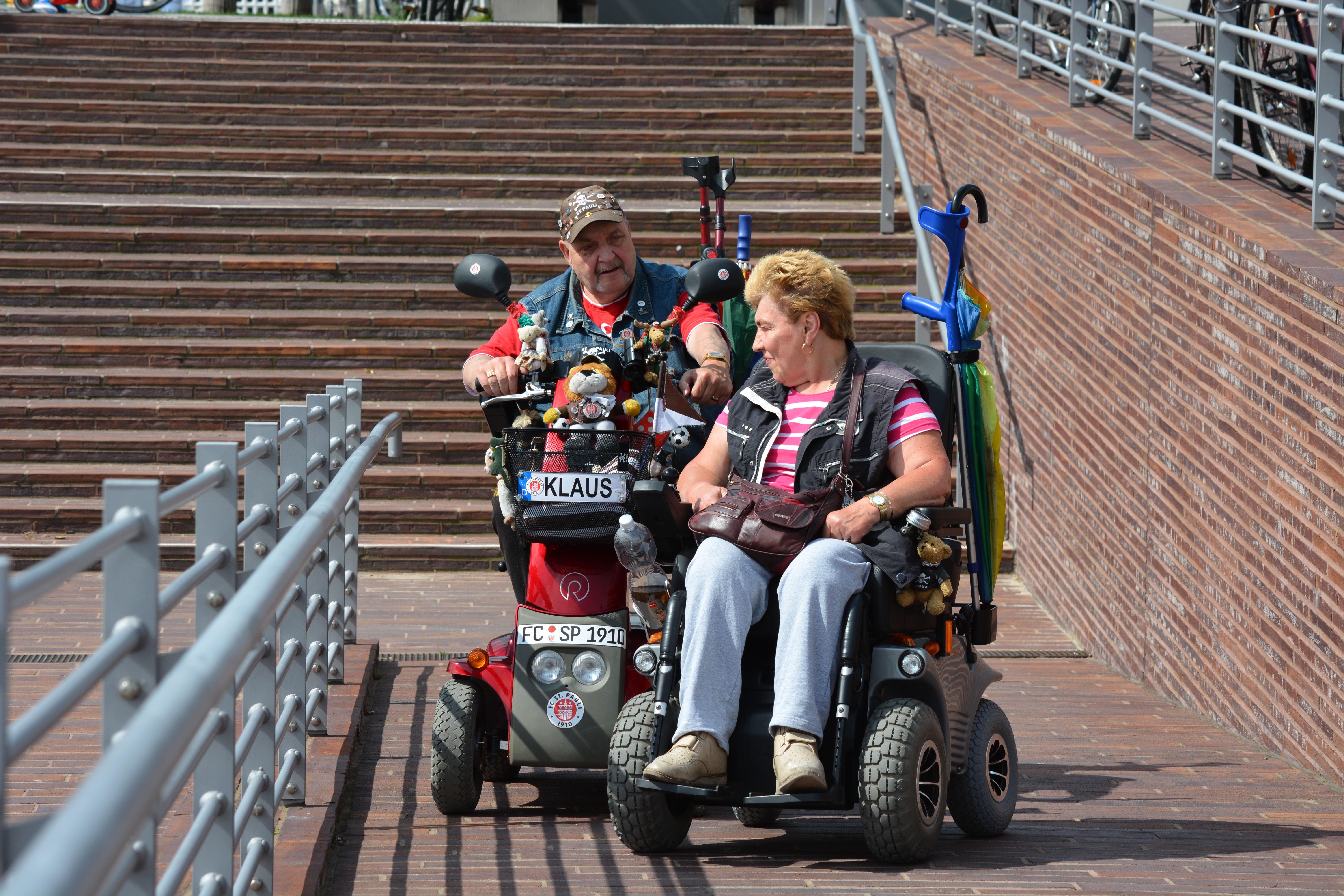
In Malaysia, we play as hard as we work. We love our public holidays, and traveling to new places to enjoy new food, scenery and cultures. As the world grows and accessibility improves, travel is increasingly in reach for those with disabilities, too.
As with abled society, persons with disabilities can enjoy travel for:
- the self-esteem boost – knowing that you can handle yourself in new places and situations can boost feelings of confidence, independence and self-worth.
- a change in surroundings – taking a break from your usual spaces and places
- relaxation and fun – the opportunity to rest, relax and enjoy recreational activities helps to reduce stress and build positive memories.
- a broadening of horizons – new experiences, places and cultures can bring more knowledge and a wider view of the world around us.
However, multiple barriers can exist for PWD. These can prevent travellers with disabilities from travelling or enjoying the experience to the fullest. These barriers can include:
- Finding accessible transportation, particularly for cross-country or international trips.
- Delays during immigration and entering/exiting planes, buses or other modes of transport
- Poor accessibility in places of lodging, tourist attractions, or destinations in general
- Poor or outmoded attitudes toward disability during travel time or at destinations
With some preparation, knowledge and practice, these barriers can be overcome. Here are some tips from us:
Do your research
Take some time to look up information on your chosen destination online, to get the most up-to-date information. You might keep the following questions in mind:
- How will you get there?
- Is transport accessible?
- What places can you get to?
- What places can’t you get to?
- Who will you travel with?
- Do you need to take medication, mobility aids or communication aids with you? Do you have to declare them at customs, or during immigration?
Some countries have websites catering specifically to disabled travellers. You can probably find them by searching ‘disabled traveler (country name)’, ‘accessible travel (country name)’ or other variations.
Look for specialised agencies
You might choose to let a travel agency do the organisational work for you. They will have more resources at hand to find a tour package that suits your unique needs.
Some agencies specialise in arranging tours and trips for persons with disabilities. You may want to ask them the following questions, to be sure they can help you find accessible accomodations and destinations:
- How accessible is the place I’m staying?
- Are there steps at the entrance?
- Is the bathroom wheelchair accessible?
- How will transport be managed?
- Which tourist spots have ramps?
- How far are attractions from each other?
Make use of apps
Technology can be a useful tool, especially for travelers with disabilities. You might look for apps that
- help with wheelchair access and navigations
- identify disabled-friendly parking lots
- crowdsource accessible lodgings, restaurants and interesting spots
- navigation for those with visual impairments
- make communication easier with AAC
- help with ride-hailing
Ask for assistance
When you need help, ask for it – whether it’s at the airport, while looking for transport, or trying to understand more about your destination. Be clear on what kind of assistance you need, and what you can or cannot do in that situation.
Remember to think creatively, be persistent, and be flexible in finding solutions to any barriers you might face. You can solve them together with the people around you!
Conclusion
In short, travelling with disabilities can present unique challenges. But with proper preparations and a positive attitude, travel can be fulfilling, inspiring, and confidence-building.
References:
Brockman J (2018) For Disabled Travelers, Technology Helps Smooth the Way. But Not All of It. [Accessed: 5 Sept 2018] Available at: https://www.nytimes.com/2018/06/25/business/for-disabled-travelers-technology-helps-smooth-the-way-but-not-all-of-it.html
Government of Canada (2018) Travelling with disabilities [Accessed: 5 Sept 2018] Available at: https://travel.gc.ca/travelling/health-safety/disabilities
Mavcomm (2018) Persons with Disability | Malaysian Aviation Commission (MAVCOM) [Accessed: 5 Sept 2018] Available at: https://www.mavcom.my/en/consumer/persons-with-disability/
Mobility International USA (2018) Air Travel Tips for People with Disabilities [Accessed: 5 Sept 2018] Available at: http://www.miusa.org/resource/tipsheet/airtraveltips
Poon L (2016) How Apps Can Help People With Disabilities Navigate Cities [Accessed: 5 Sept 2018] Available at: https://www.citylab.com/life/2016/06/how-apps-help-people-with-disabilities-navigate-the-city/489128/
Pretty Sick Supply (2018) Accessibility | Apps [Accessed: 5 Sept 2018] Available at: https://www.prettysicksupply.com/accessibility
Sage Traveling (2015) How to Choose an Accessible Travel Agent [Accessed: 5 Sept 2018] Available at: https://www.sagetraveling.com/How-to-Choose-an-Accessible-Travel-Agent/
Smith M (2018) Barriers of the Worst Kind [Accessed: 5 Sept 2018] Available at: http://www.miusa.org/resource/story/attitudes
U.S. Department of State – Bureau of Consular Affairs (2018) Traveling with Disabilities [Accessed: 5 Sept 2018] Available at: https://travel.state.gov/content/travel/en/international-travel/before-you-go/travelers-with-special-considerations/traveling-with-disabilties.html
WheelchairTravel.org (2018) Wheelchair Accessible Travel Destinations [Accessed: 5 Sept 2018] Available at: https://wheelchairtravel.org/destinations/